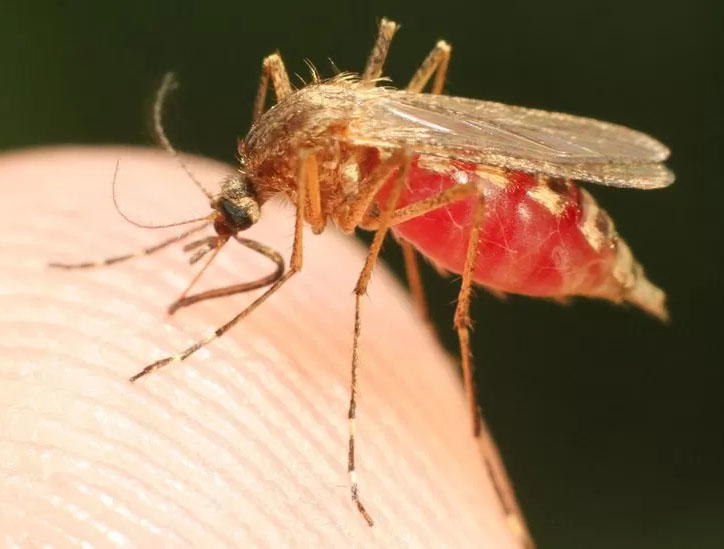By Joseph Erunke, Abuja
The federal government has announced plans to introduce a new malaria prevention strategy for children under five in southern Nigeria, following encouraging outcomes from recent field studies.
National Coordinator of the National Malaria Elimination Programme (NMEP), Dr. Nnena Ogbluafor, disclosed this at the National Perennial Malaria Chemoprevention Research and Policy Dissemination Meeting in Abuja.
She explained that the intervention, known as Perennial Malaria Chemoprevention (PMC), is tailored for areas with year-round rainfall and continuous malaria transmission, particularly in the southern region.
“From what we have seen in the field, this intervention is highly favorable. Evidence shows that children who take it as recommended are significantly protected from malaria. We have also observed a sharp reduction in the severity of cases among those who adhered to the guidelines,” Dr. Ogbluafor said.
She noted that the findings align with Nigeria’s child survival strategies and will complement existing tools such as insecticide-treated nets, antimalarial medicines, and the recently introduced malaria vaccine.
“Nigeria now has a wide basket of evidence-based interventions to protect children. We urge caregivers to avail their children of all these measures so that, in a seamless manner, we can eliminate malaria in Nigeria,” she added.
Malaria remains one of the leading causes of child mortality in Nigeria, and experts believe that innovative measures like PMC could accelerate eradication efforts.
Strategic Adviser on Malaria Elimination to the Minister of Health, Prof. Olugbenga Mokuolu, stressed that malaria cannot be eliminated with a single approach.
“Our strategies must address both the mosquito, which is the vector, and the disease itself. This means combining vector control with drug-based prevention,” he explained.
He noted that while Seasonal Malaria Chemoprevention (SMC) has been successfully implemented in 21 northern states, the southern region presents greater challenges due to its year-round transmission pattern.
“That is why we have developed PMC. A pilot study has confirmed its feasibility and logistics, and we are now preparing to scale up implementation across southern states,” he said.
Prof. Mokuolu also emphasized personal responsibility in malaria prevention:
“Malaria is everybody’s business. If I use preventive measures like sleeping under treated nets, keeping my environment clean, and adopting chemo-prevention, I keep my blood free of the parasite. When the mosquito bites, it has nothing to transmit, and that is how we can collectively break the chain.”
At the state level, Dr. Akeem Bello, Director of Public Health in Osun State, reported that PMC has already shown positive results in eight local government areas where it is being piloted.
“The essence of PMC is to protect under-five children by providing preventive doses at regular intervals. We have seen significant gains and are now working with partners to extend the programme across all local governments in Osun State,” he said.
Representatives of the World Health Organization (WHO), the Bill & Melinda Gates Foundation, and the Malaria Consortium reaffirmed their commitment to supporting Nigeria’s malaria elimination drive. They underscored the importance of sustained government leadership, strong partnerships, and community participation to ensure no child dies from the disease.
The post Malaria: FG to deploy new intervention for children in Southern Nigeria appeared first on Vanguard News.

